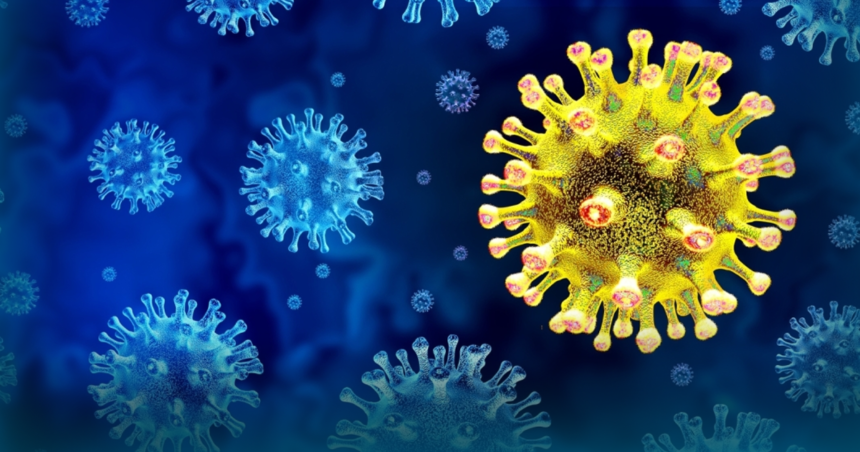Millions of people experience Covid-19 symptoms decades after their initial infections. Two new studies, one on pregnant women and the other on youngsters, provide a more detailed picture of the burden of this health issue, which physicians say frequently goes unnoticed.
According to the first study, one in every ten people who contracted Covid while pregnant will experience long-term problems. The findings were presented Monday at the Society for Maternal-Fetal Medicine’s annual meeting in National Harbor, Maryland.
The researchers analyzed data from the National Institutes of Health’s Recover Initiative, a trial designed to assess the long-term impacts of Covid in both adults and kids. Of the 1,503 pregnant people in the study, 9.3% reported symptoms six months or more after becoming infected. The symptom that was most prevalent was a feeling of exhaustion following light physical or mental effort. Some people complained dizziness.
According to certain research, the proportion of pregnant people with lengthy Covid is lower than that of the overall US population. Adults who develop long Covid are estimated to be between 2.5% and 25%, while the definition of “long” Corona varies by study.
This study does not explain why the statistics differ, but co-author Dr. Torri Metz, an associate professor of obstetrics and gynecology and vice chair of research in obstetrics and gynecology at the University of Utah Health, has some theories.
This could be because they’ve got less basic medical issues overall. They are young. Metz suggested that they may have a distinct immunological response.
A pregnant person’s immune system is able to tolerate of “things that ought not to be there,” she explained, allowing the mother’s body to host and nourish a fetus with distinct genetics.
Women who are pregnant are more likely to become ill after being subjected to a virus as the immune system does not respond as robustly as it normally would. This could indicate that the pregnant body has less inflammation, the immune system’s natural reaction when confronted with an infection. Other studies have connected chronic inflammation after Covid to neurological effects as well as lung and kidney damage.
So, Metz speculated, they may have less of the accompanying organ damage and the complex implications that follow.

Pregnant people who developed long-term Covid had some characteristics. Obese people, those with chronic anxiety or depression, and those who needed supplemental oxygen while unwell were more likely to develop long-term Covid.
It didn’t appear to matter whether trimester someone became ill with Covid, and vaccination status was not a statistically significant predictor. More over half of individuals with lengthy Corona Virus were fully immunized. However, numerous studies have suggested that vaccination reduces the risk of severe disease, potentially making long Covid more possible.
According to Metz, the study found that socioeconomic factors influenced lengthy Corona Virus numbers.
She expressed concern about the significant proportion of people who reported having difficulty paying their bills. This raises concerns regarding people’s access to necessary care.
Long-Term Covid
Dr. Amy Edwards, associate medical director of pediatric infection prevention at UH Rainbow Babies & Children’s Hospital, who supervises the hospital’s long Corona Virus clinic, said the study provides a clearer picture of who is more prone to develop long Covid.
“Chronic stress is well documented to disrupt the immune system. Stress triggers a particularly maladaptive inflammatory reaction, and there’s a well-known link with chronic stress,” said Edwards, who was not involved in the new study.
It will be useful for doctors to know that if someone who received Corona Virus during pregnancy is still exhausted eight weeks after birth, it could be due to long-term Covid rather than the usual newborn weariness, she added.
An crucial next step, which is currently underway, according to researchers, is to examine the outcomes of infants born to pregnant women who had long-term Covid.
The other new study, published this week in the journal Pediatrics, examined a number of studies on youngsters and discovered that up to 6 million had developed lengthy Corona Virus.
Most young people who had been infected with Covid recovered, according to the study, but one-third still experienced symptoms a year later.
Long Covid symptoms in children included coughing, shortness of breath, chest tightness, and exhaustion.
Edwards emphasized that the influence of long-term Covid on children should not be underestimated just because the symptoms sometimes resolve.
Also Read: Mona Lisa: 2 Protestors Hurl Soup at da Vinci Painting


Leave a Reply